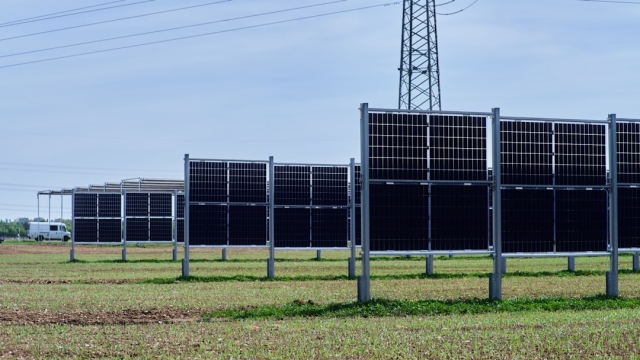In today’s world, reliable power solutions are essential for a wide range of applications, especially in industrial settings where operational efficiency and continuous power supply are paramount. One of the most dependable options in this arena is diesel power solutions. Diesel generators have long been recognized for their robustness and efficiency, making them a preferred choice for many industries. This article delves into the various aspects of diesel power solutions, highlighting their benefits, the factors to consider when choosing a generator, installation and maintenance practices, and a comparative look at diesel versus other power sources.
Overview of Diesel Power Solutions
Diesel power solutions encompass a variety of systems and equipment that utilize diesel engines to generate electricity. These solutions are widely used in various sectors, including construction, manufacturing, agriculture, and emergency services. Diesel generators convert the energy stored in diesel fuel into mechanical energy, which in turn generates electrical power. Their design and functionality make them suitable for both prime power and backup power applications.
Benefits of Diesel Generators for Industrial Use
One of the primary benefits of diesel generators is their reliability. They are known for their long operational life and durability, making them an excellent investment for industries that require a consistent power supply. Additionally, diesel fuel is generally more energy-dense compared to other fuels, allowing diesel generators to operate more efficiently for extended periods.
Another key advantage is the lower cost of diesel fuel in many regions, which can lead to reduced operating expenses over time. Diesel generators also have a significant power output capability, making them suitable for heavy industrial applications. They are often designed to handle large loads, enabling industries to maintain productivity without interruption.
Choosing the Right Diesel Generator for Your Needs
When selecting a diesel generator, it is crucial to assess your specific power requirements. Start by determining the total wattage of the equipment you intend to run. This includes not only the continuous load but also any additional surge capacity that may be needed during startup phases. Understanding these requirements will help in selecting a generator with the appropriate power rating.
Consider the environment in which the generator will be used. Factors such as temperature, humidity, and altitude can affect performance. Additionally, evaluate the available space for installation, as some generators may require more room for ventilation and maintenance than others. Finally, consider any additional features that might be beneficial, such as noise reduction capabilities or automatic start systems.
Installation and Maintenance of Diesel Power Systems
Proper installation and maintenance are vital to ensuring the longevity and efficiency of diesel power solutions. Installation should be carried out by qualified professionals who can comply with local electrical codes and safety standards. It is essential to place the generator in a well-ventilated area to prevent overheating and ensure optimal performance.
Routine maintenance is crucial for diesel generators. This includes regular oil changes, filter replacements, and inspections of fuel lines and cooling systems. Keeping a maintenance schedule helps in identifying potential issues before they escalate, thereby reducing downtime and extending the lifespan of the equipment. Engaging with service providers who specialize in diesel power solutions can ensure that you receive expert support for both installation and ongoing maintenance.
Comparative Analysis: Diesel vs. Other Power Solutions
When evaluating diesel power solutions against other alternatives, such as natural gas or renewable energy sources, several factors come into play. Diesel generators are typically more reliable in terms of providing consistent power, especially in areas where grid reliability is questionable. They also tend to have a lower initial investment cost compared to some renewable energy setups.
However, it’s essential to consider emissions and environmental impacts, as diesel generators can produce higher levels of pollutants compared to cleaner energy sources. This may influence decisions, especially in regions with strict environmental regulations. Ultimately, the choice between diesel and other power solutions will depend on specific operational needs, budgetary constraints, and environmental considerations.
In conclusion, diesel power solutions offer a robust and reliable source of energy for various industrial applications. By understanding their benefits, assessing needs carefully, and implementing proper installation and maintenance practices, businesses can leverage the advantages of diesel generators effectively. For further exploration of diesel power solutions, including products and services, consider visiting this resource.



